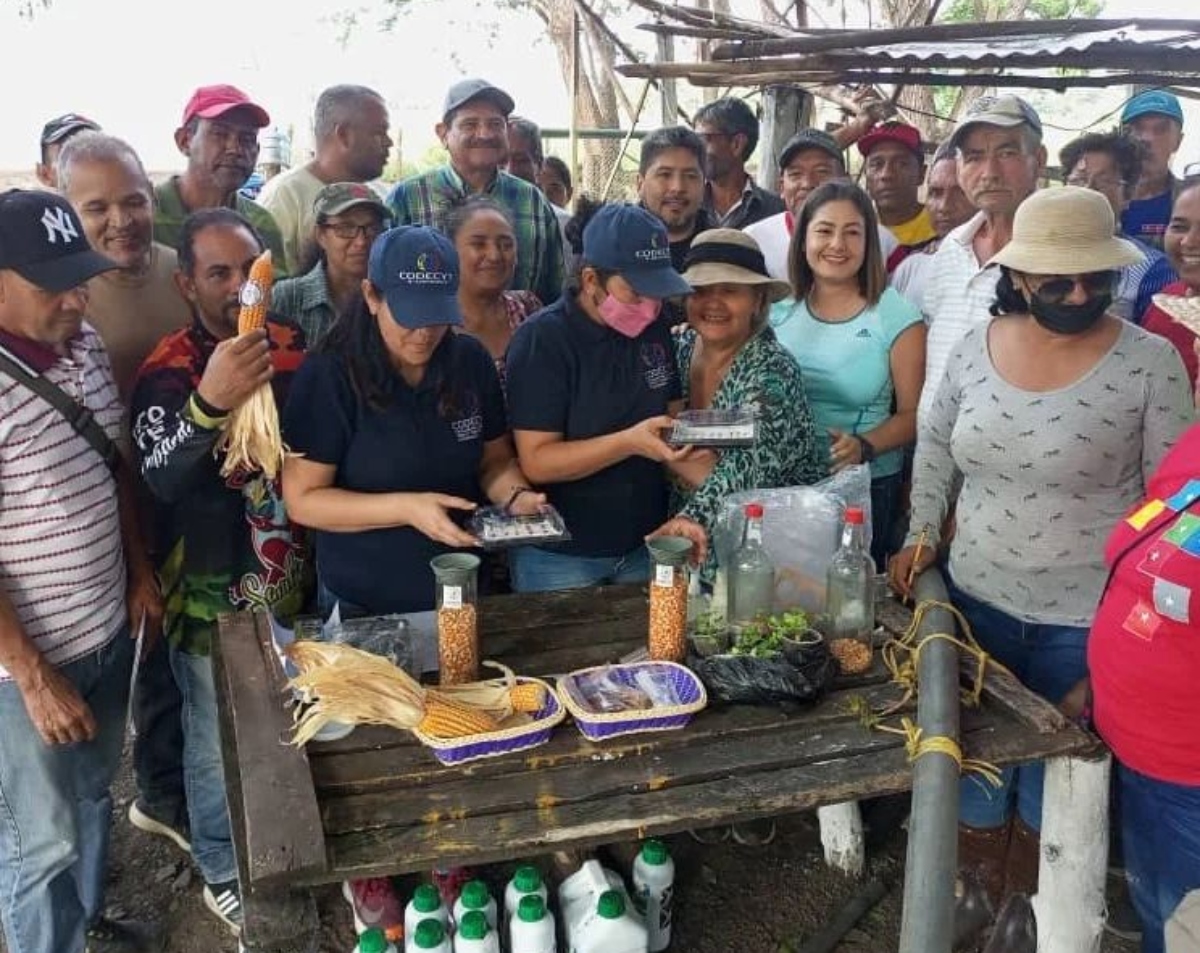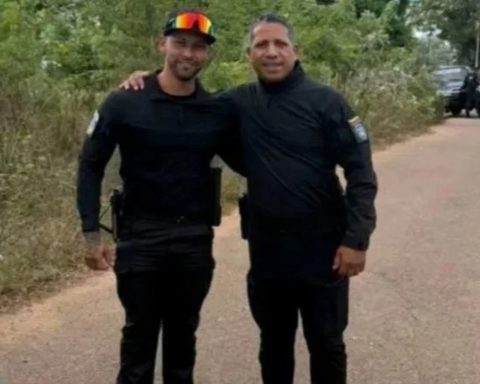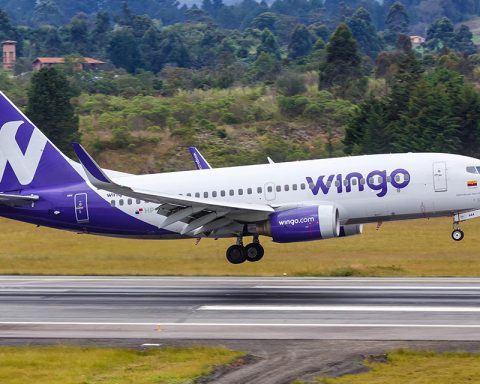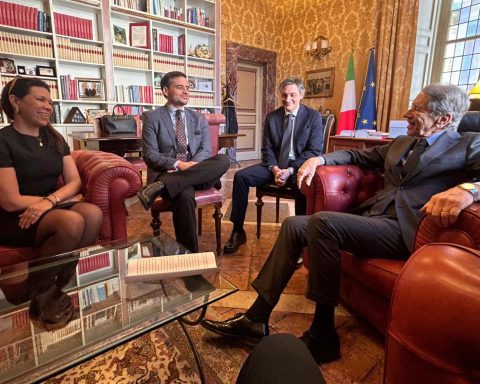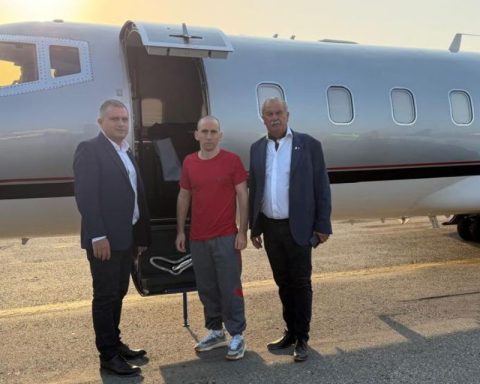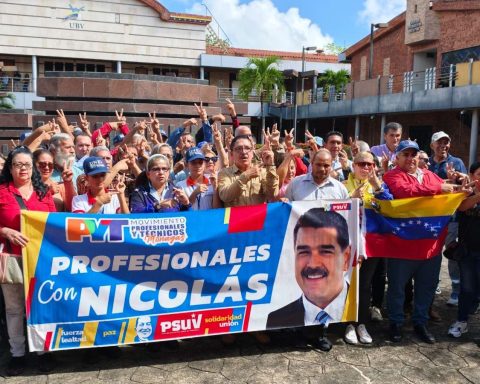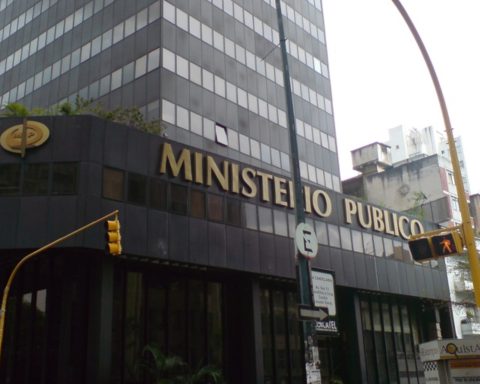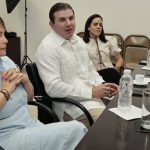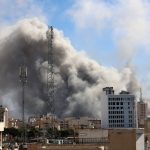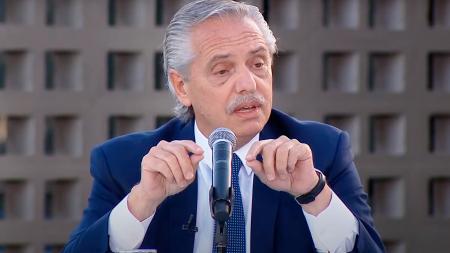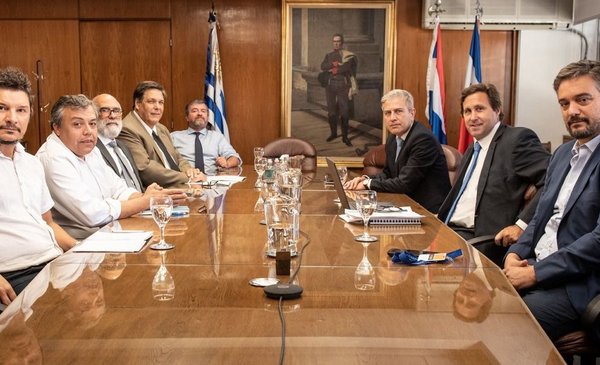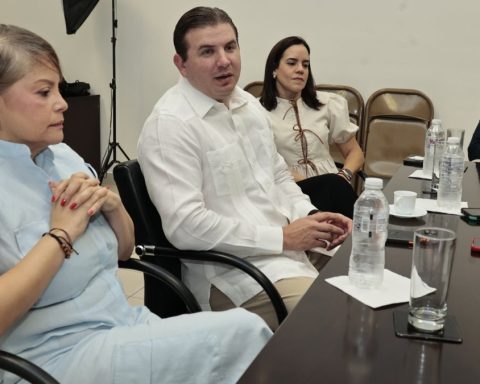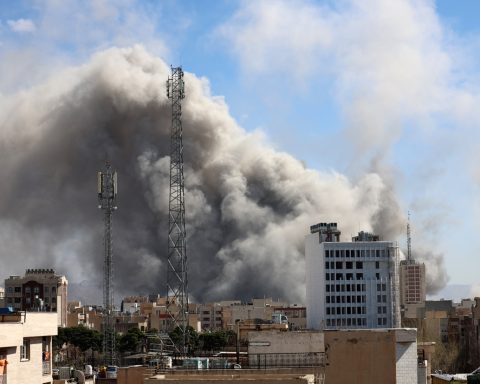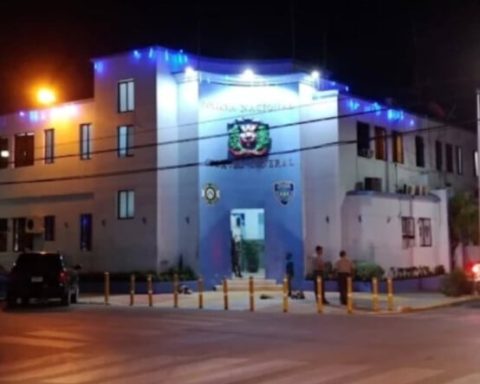During the last years, more than 49,000 communal councils have been established in Venezuela, reported this Wednesday the Minister for Communes and Social MovementsJorge Arreaza.
“49,183 communal councils have been established in 3,641 communes throughout the country,” Arreaza specified, when reading some pictures presented during a meeting with the country’s media, before which he explained the work carried out and the achievements of the communal movement created and promoted by the Bolivarian Revolution.
Communal management renewal
Regarding the renewal of community management, Arreaza commented that 360,932 work committees have been renewed, which are in charge of issues such as food, animal care, public services, among others, in 16,406 community councils in the country.
He explained that within these work committees, 721,864 spokespersons have been legitimized and have assumed the management of territorial government in their territories.
Legal framework of Popular Power
Minister Jorge Arreaza emphasized that the 3,641 currently existing communes have been consulted on the process of transforming the legal framework that governs People’s Power.
In this sense, he said that the twelve organic laws of popular power have been consulted, the three bills that are under discussion in the National Assembly (AN).
“This legal framework is what will give concreteness to what the People’s Power requests or requires,” he said.
Given the imminent transformation of the laws in these matters, “the AN is being instructed not only to review the laws of popular power that exist up to now, but also the related regulations and codes so that they guarantee a true transfer of power to the people,” added.
Among the legal instruments that are being reviewed within the NA are: Organic Law of Popular Power, Organic Law of Communal Councils, Organic Law of Communes, Organic Law of the Communal Economic System, Organic Law of Social Comptrollership, among others. .
The important thing is to know that “this legal framework does not exist anywhere in the world, which is a great achievement of the Bolivarian Revolution and this has led to the reorganization of other laws,” he added.
Benefits for the people
For Minister Jorge Arreaza, these instances of People’s Power have generated obvious benefits for the people, among which we can highlight the 160,568 homes built, 642,272 people benefited and 122,977 young people served by the Fundación Jóvenes del Barrio.
Likewise, he specified that 875 projects have been financed through the National Fund Service of Popular Power (Safonap) and 2,757 with the Microfinance Development Fund (Fondemi), and more than 60,758 projects have been registered with the National Superintendence of Cooperatives (Sinco). , and 41,238 socio-productive organizations registered on the Sinco platform.
Topics to improve
The head of the Ministry for the Communes recognized that there are elements to improve in the Popular Government System, among which he mentioned the engagement between the highest levels of government with the most specific ones in the communities.
He explained that in order to consolidate the Good Communal Government, radical democracy must be exercised, “which consists of a leadership of the people that is permanently legitimized, and the economy for life, which does not seek to enrich a group, but rather to guarantee the solution to the community problems and the satisfaction of the needs of citizens.
communal councils
“The communal councils They are as important in the model of the Bolivarian Revolution as the rest of the existing levels of government, because they act with authority in their territories,” he stressed.
He argued that «the communal councils are the people organized to govern. They are as much a government as the mayor, the governor, the minister and the president, in their territorial scope. They can receive transfers and resources from other levels of government.
In short, “the communal council is the essence of popular power because it allows a more concrete response to what the people propose.”
He recalled that the objective of Commander Hugo Chávez, leader of the Bolivarian Revolution, “was to seize political power to seize the economic power of the State, and thereby redistribute it equitably among the Venezuelan people, seeking to pay off the immense social debt.”
Then, Arreaza said, “there was talk of bringing power closer to the citizen, which is nothing more than handing over power to the organized peopleTherefore, Commander Chávez was not wrong when he said that only the people save the people».
